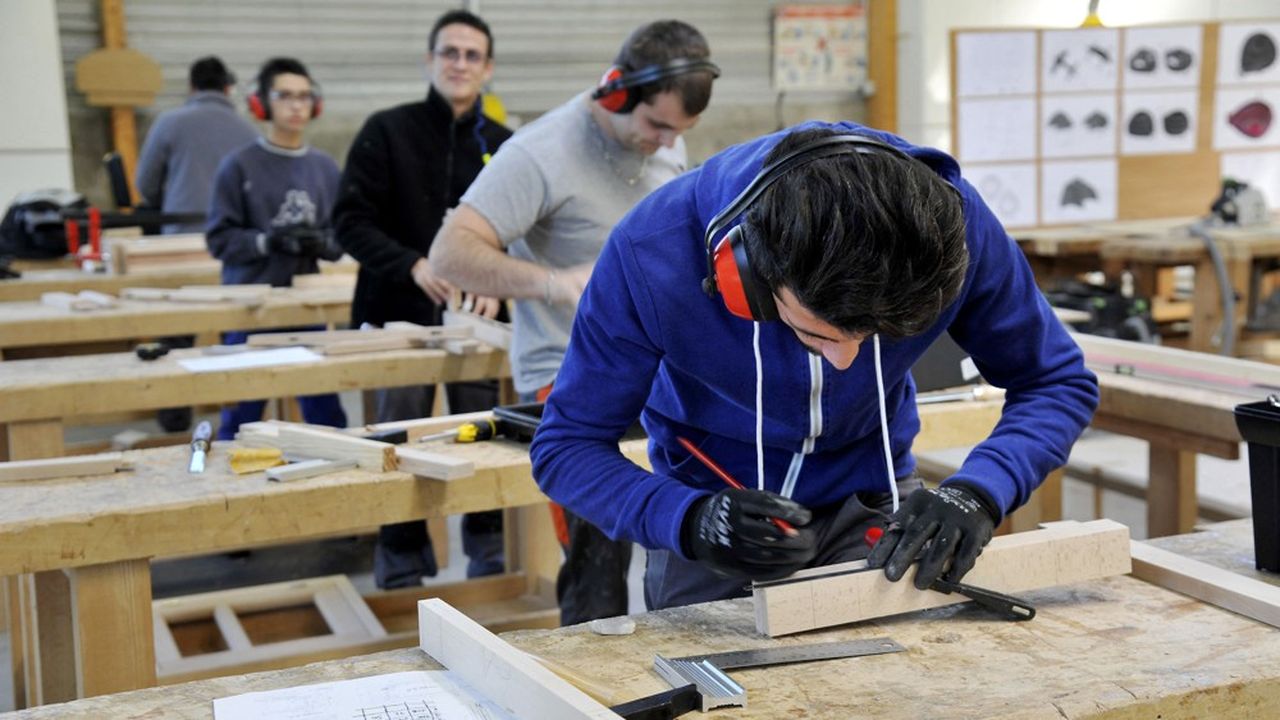Posted on Sep 17, 2021 at 5:30 AM
Alongside academic paths, apprenticeship is a direct path to employment. The association that I chair, Euro App Mobility, intends to enhance it through sufficiently long international mobility.
For almost 35 years, the European Union has been making its Erasmus + program available to young people. Over 30 million people have benefited, many of them higher education students. Of course, apprentices have access to it, but in fewer numbers and confined to stays of two or three weeks.
Last Thursday, we organized the Estates General on the mobility of apprentices in Europe to do justice to a paradox. All opinions converge to praise international mobility in that it brings tremendous added value in the training of young people, especially professional learners. All opinions converge, but the system remains blocked by brakes of all kinds: legal, financial, academic, linguistic, psychological. We have identified and evaluated them.
Companies are constrained because they cannot recruit the skills they need.
Faced with the challenges of international competition, we need talents, and all our young people have a vocation to embody them. At the time of recovery, the European economy is in a shortage of human resources.
Companies are constrained because they cannot recruit the skills they need. This shows the urgency of changing the lines, laws and regulations, practices and mentalities. What matters is the interest of the learner.
Five proposals
At the end of our discussions, we adopted a manifesto “For the Europe of apprentices” in which we set five prerequisites.
First, increased support for the position of “mobility referent” in all apprenticeship training centers (CFA) whose educational project is resolutely open to the international market. It is he who establishes partnerships with foreign CFAs. Seed funding is essential.
Second prerequisite, the creation at the level of regional territories of “developers of long mobility for apprentices”. In conjunction with the national Erasmus + agencies, they would raise awareness among stakeholders, promote and support projects.
Third point, the systematic recognition of acquired mobility must be included in the national rules and procedures for issuing diplomas. Any uncertainty about this is crippling.
Fourth, the involvement of employers (companies, public institutions, associations) is decisive. Within them, the appointment of a “mobility tutor” facilitates coordination with the CFA’s mobility referent.
And finally, the last prerequisite, the adoption of a unified statute for apprentices on the move should make it possible to resolve current legal and financial problems. The Council, Parliament and Commission have already laid the groundwork.
Robust dynamics
Let us recall with force that Erasmus + is also for apprentices and let us trigger a robust dynamic. In doing so, we will respond to the ambition recently affirmed by our Heads of State and Government at the Porto summit on May 7 and 8: “To ensure that young people become the vector of inclusive green and digital recovery in order to that they contribute to building the Europe of tomorrow, in particular by taking full advantage of the possibilities offered by Erasmus + to promote mobility across Europe for all students and apprentices. “
We agree that desire is undoubtedly the most powerful lever, the desire for mobility among young people, the desire for international openness in the CFA, the desire to enrich the course of apprentices with master employers. learning, the desire for a European learning area among political leaders. It is the desire that will dispel the brakes and obstacles to long mobility.
Jean Arthuis, former MEP, is president of Euro App Mobility.
–


